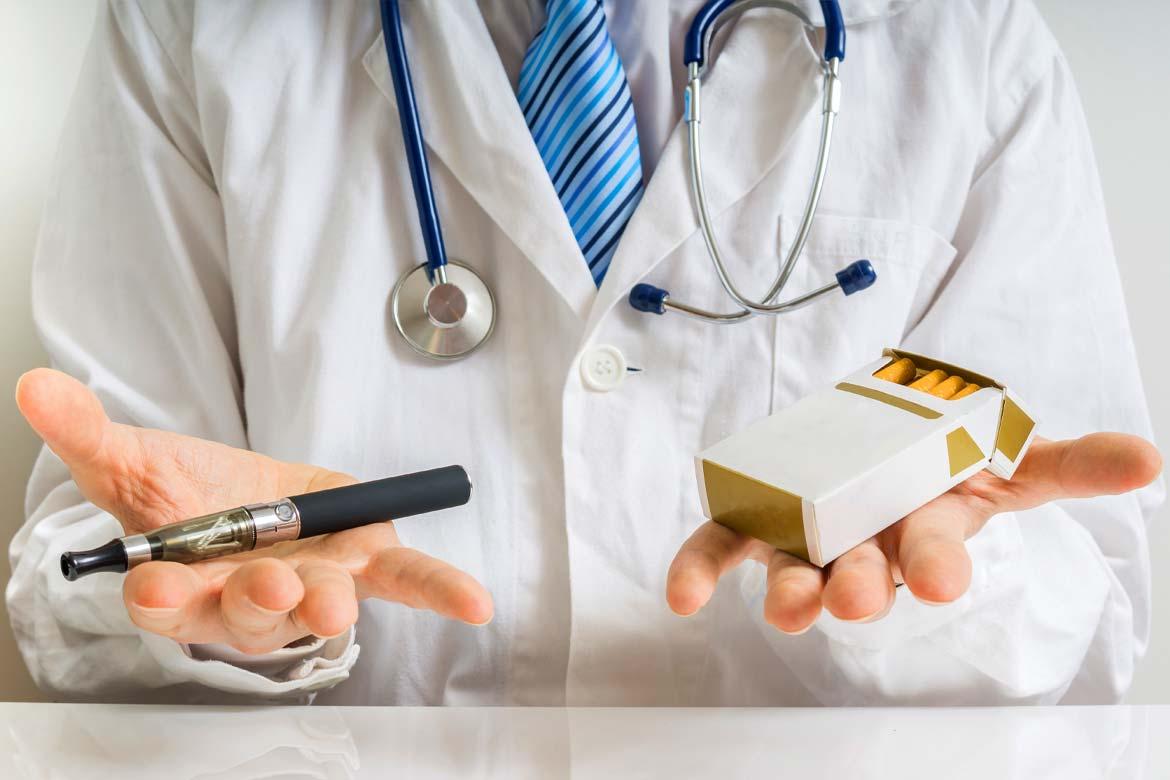
Lung Cancer
Frequently asked questions
A: Yes, lung cancer is treatable.
Treatment options and outcomes vary based on the stage of lung cancer and the person's overall health.
Stage 1 lung cancer has the best prognosis since it is at an early stage and the tumour is small, and has not spread to the lymph nodes or other organs.
Even when lung cancer is diagnosed at Stage IV, there are now many different treatment options available, including chemotherapy, immunotherapy, and targeted treatment.
A: In lung cancer patients, partial or complete remission (where the signs and symptoms of your cancer are reduced) is possible.
During the remission period, you may still require chemotherapy, often called maintenance therapy.
A: It is possible for lung cancer to spread to nearby tissues or lymph nodes surrounding the lungs. It can also spread to other parts of your body, most often the liver, brain, bones, or adrenal glands.
A: The rate at which lung cancer spreads vary with every patient. However, lung cancer is a disease that can grow and spread quickly.
A: Using a stethoscope, a doctor is able to detect fluid around your lungs, which may suggest lung cancer.
However, it could also be a sign of chest infection or other medical conditions. For a definite diagnosis of lung cancer, you may have to undergo a series of other tests including CT scan and a biopsy.
A: Lung cancer tumours can grow in a way that block your airways, exert pressure on your lungs, or cause inflammation (redness and swelling) in your respiratory system.
They can also cause fluid to build up around the lungs, making it difficult for the affected lung to fully expand when inhaling.
All these can affect the proper functioning of the respiratory system, resulting in symptoms such as shortness of breath, or result in bleeding in the airway, which can cause you to cough up blood.
A: Certain genetic mutations or a family history of lung cancer may increase your risk of acquiring the disease.
A: Lung cancer commonly causes chest pain which is exacerbated by deep breathing, coughing, or movement.
If lung cancer spreads to other parts of your body, you may have bone pain (e.g. pain in the back or hips).
A: If you experience persistent symptoms such as breathing difficulty, repeated respiratory infections, or chest pain, your doctor may suspect lung cancer and advise you to take diagnosis tests.
These tests include a chest X-ray, screening test (low-dose computed tomography), and a blood test.
A: Lung cancer cannot be cured naturally as it requires surgery, chemotherapy, radiation therapy, targeted therapy, or a combination of these treatments.
However, some patients may choose to do acupuncture, yoga, meditation, or massages after undergoing conventional cancer treatments to manage symptoms and side effects.
A: Lung cancer does not generally cause fever. It may only occur if the cancer has reached an advanced stage and causes an obstruction or blockage somewhere in the body, resulting in infection of the lungs, hence causing fever.
A: After a successful lung cancer treatment, there are certain things you can do to keep yourself as healthy as possible:
- Quit smoking
- Maintain a healthy diet
- Be physically active
- Visit your doctor regular for check-ups
However, there is no complete assurance that cancer will not recur.
A: Being physically active may reduce the risk of lung cancer, but if you are a smoker, the effects of exercise are dwarfed by the impacts of smoking.
A: No, lung cancer or any other type of cancer is not contagious.
A: Lung cancer screening may be recommended for people who have been smoking for many years and have no signs or symptoms of lung cancer.
A low-dose computerised tomography (LDCT) scan is the recommended screening test for lung cancer. During an LDCT scan, you lie on a table while an X-ray scanner takes detailed pictures of your lungs using a small amount of radiation. The procedure is painless and takes only a few minutes.
A: Although a CT scan is more likely to show lung tumours than routine chest radiography, lung cancer may still be overlooked on computed tomography (CT) scans.
The possible causes of missed lung cancer diagnosis may include technical errors or tumour characteristics, such as a very small tumour, or a tumour that mimics infection of the lung.
This coverage checker is brought to you by Health Insured, an online resource that helps you understand your health coverage in Singapore.
This page has been reviewed by our medical content reviewers.
SPOTLIGHT
Need help?
For enquiries, please call
+65 6250 0000 (Orchard) or +65 6898 6898 (Novena)
For appointment bookings, please WhatsApp
+65 8111 7777 (Orchard) or +65 8111 5777 (Novena)
 Brain & Spine Care
Brain & Spine Care







